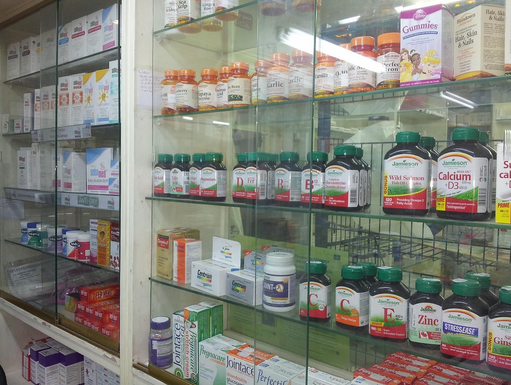President Donald Trump pledged a temporary “tariff wall” against pharmaceutical firms that may be based in America. The announcement, made collaborative with its “Investing in America” event, opens dialogue on the future of drug merchants. The President’s speech focused on the idea of a wall as a security based economic tool.
Reflections on the Proposed Tariff Wall
The President’s statement suggests that the trade policies relating to the pharmaceutical sector may be restructured as a consequence of this statement. The announcement does not provide the specifics of the details of the tariff wall — when it will even be initiated and in what form those tariffs will be; however, it has pointed towards this sector with laser-like precision. The reasoning for this possible barrier seems to relate to how pharmaceutical companies function inside the US. However, the effects of a tariff wall on drug costs and access remain to be seen.
Tariff Wall Backdrop and Domestic Investment
This speech at an “Investing in America” event reflects a bigger ambition of spurring domestic investment while also possibly influencing all things healthcare-related. Products with the Johnson & Johnson and Lilly brands are featured at the event, demonstrating the wall’s specific focus on the pharmaceutical segment and potential impact. So, how are the strategic ramifications of a tariff wall for these, and possibly other, pharma companies not going unexplored?
Recent Updates in Healthcare and Pharmaceutical
People live in a dynamic and fast-changing period where the development of healthcare and pharmaceutical sectors has been shaken off by the last decade. The FDA approves Johnson & Johnson drug for immune disorder, and at the same time, Republican lawmakers are in talks over possibly scaling back the Medicaid program that could impact the lives of tens of millions. This questionable rationale has also been part of the coverage of Robert F. Kennedy Jr.’s belief that new vaccines should undergo mandatory placebo testing. A potential tariff wall could intersect with these trends and affect the future course of the pharmaceutical industry.
Global Views and the Tariff Surge
Meanwhile, on other international news, China has alleged that COVID-19 spread from the USA, an assertion that has countered against President Trump’s statement about China being the creator of the virus. It reflects the multi-faceted global nature of health-related dialogue. Healthcare now faces its great tariff wall. On top of that, a tariff wall on pharmaceutical imports may further disturb international trade relations in the healthcare sector.
Strategic Positioning of Pharmaceutical Companies and the Tariff Wall
With all these potential changes in policies around them, big pharma is further analyzing their best strategies. For instance, GSK has recently expressed its readiness for tariff impositions with the forecast of better statistics. It indicates an anticipatory plan by the companies to adjust to the imminent, likely establishment of the tariff wall and its worsening economic effect. The realization of a wall is expected to inform the long-game approach of these firms.
Local Public Health and Economic Conditions
At the regional level, measles cases have been reported in Cook County, Illinois, by local public health officials. The implications of the above are two-fold: it emphasizes the need for sustained surveillance efforts in the form of public health, the efforts that continue to warrant funds. Even if the wall itself does not become a full-blown reality, the economic context it triggers may indirectly impact public health systems and drug access.
Possible Economic Impact of the Tariff Wall
No one is certain what will happen if Pakistan does indeed put a wall on pharmaceutical imports; it may be just one wall, but it will have cascading economic effects as all walls do. While supporters may argue that it could boost domestic pharmaceutical production, critics warn that drug prices would rise. Import APIs may become pricier, which in turn could raise the cost of production for domestic producers. Critical analysis of a wall interpolation in accessing essential medicines
Also Read: Shocking Economic Setback: US GDP Shrinks in Trump’s First 100 Days Amid Tariff Turmoil
Pharma innovation under focus: Effect of Tariff Wall
A second but equally important consideration involves how the wall will affect innovation in the pharmaceutical space. Higher R&D costs associated with tariffs on materials used in research being imported could slow down R&D. On the other hand, others say a wall might actually promote innovation within domestic companies. The ultimate impact of a tariff wall on pharmaceutical innovation is unclear.
Other Key Insights
If the US were to build a massively significant wall, there would be all sorts of country responses. This could have effects on retaliatory tariffs and broader trade disputes. Because of the interconnected nature of the global pharmaceutical supply chain, a wall erected by one nation could have consequences beyond its borders. One crucial factor is WTO rules and the potential challenge to the wall.
For More Trending Business News, Follow Us 10xtimes News






